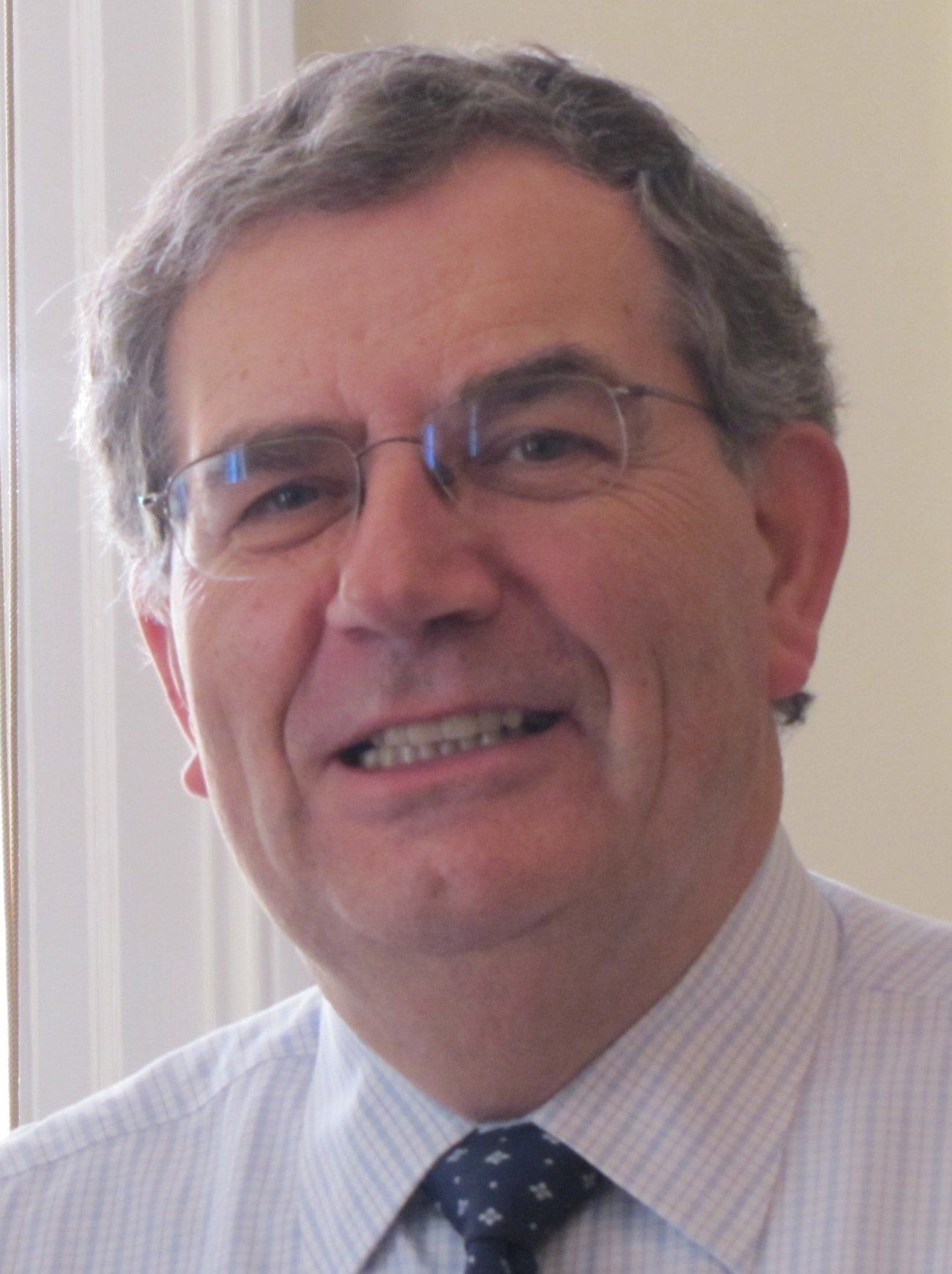The colleges are into their new academic year: never so many students undergoing higher education; never so many universities in debt. More than half will be running at a loss by the end of the decade. Increasing numbers of students are taking part-time jobs, as always has been the case in the USA. Others, short of cash, cannot afford to stay the full course. One answer to this is found in a new enthusiasm for information technology. The video revolution, interactive programmes, ‘distance learning’, those are the buzz-words of the new education.
In early October the concept of a new University of the Highlands and Islands was unveiled, part-funded by the Millennium Commission, to be fully functioning by the end of the decade. It will have no central campus, but will link ten locations as far apart as Shetland and the island of Lewis. These enclaves will communicate via computers. Magnus Linklater describes the education: ‘Students will tap into courses using digital telecommunications for video-conferencing. There will be no lecturers as some of us fondly remember them, no cosy tutorials, no stern warnings from directors of studies. In the new tele-era, students will be expected to maintain their own rate of progress, and of course there will be fewer distractions’ (The Times, ‘Is This the Closing of Our Minds?’ p. 20, 3 October 1996).
Is this going to be one direction of theological education in Britain? The new Highland Theological Institute is destined to become part of this university. The HTI is now using the Welsh B.A. degree course of the Evangelical Theological Seminary in Bryntirion, which course is accredited by the University of Glamorgan. One major condition of the Welsh university allowing this to happen was that a joint staff conference took place each September, which has in fact occurred for a number of years. Dr Eryl Davies has written a booklet on future plans for theological education entitled Looking Ahead, which is freely available from the Seminary at Bryntirion, Bridgend, CF31 4DX.

One recent feature of theological training in the British Isles has been the burgeoning of new local centres of instruction, not only in the north of Scotland but in such places as Stowmarket, Reading, Wolverhampton, Cork and several institutions in London. The four-year correspondence and residential course run by the Evangelical Movement of Wales under the Rev. Graham Harrison has been extremely successful in settling men into local churches. It has had the advantage of not removing them from their families, congregations and employment.
Nigel Lacey, who is very computer-literate, has taken his expertise from Stowmarket to train men for the ministry in Kenya. Fascinating possibilities for theological education are opening up in the Third World.
American seminaries have increasing resources of lecture courses on video, and they also share their lecturers. Dr Moises Silva, the Professor of New Testament at Westminster Seminary, Philadelphia, has recently gone to Gordon Seminary, Boston, but each year he will return to teach courses at Philadelphia. The Old Testament Professor Meredith Kline has been doing the same for years, moving between those two seminaries as well as the Westminster campus in California, 3,000 miles away. Since his retirement Dr Edmund Clowney of Westminster Seminary has been giving courses regularly at the Cornhill Training Course, London. This is one of those new non-residential centres where currently fifty-eight people are taking a one-year course, a quarter of them being women.

Dr Sinclair Ferguson travels further, teaching at Westminster Seminary, Philadelphia, for half the year and then spending the rest of his year as associate pastor with Eric Alexander at the Tron Church in Glasgow.
The British Isles has recently lost one of its most able men when Derek Thomas became Dean of Students at Reformed Seminary, Jackson, Mississippi. With a new interdependence and the spread of information technology, the American seminaries and their teachers might not seem so distant and inaccessible. We might not be losing our most able men to America completely.
The most important needs of the ministerial student cannot be met in front of video or computer screens. Churches look for loving, sensible leaders whose skills also lie in the way they deal with other people, who show the graces of judgement, balance, self-denial, courage and especially what Daniel Goldman has called ‘emotional intelligence’.
Is the minister continually learning through the life of the congregation? There is certainly a marvellous potential for theological training through modern technology, but it can supply at the most twenty per cent of a student’s need. What ministries has he sat under and learned from? What disciplines of personal godliness does he manifest? What empathy? Who can measure the cost of the preparation of a man of God? However it is delivered it does not come cheaply










